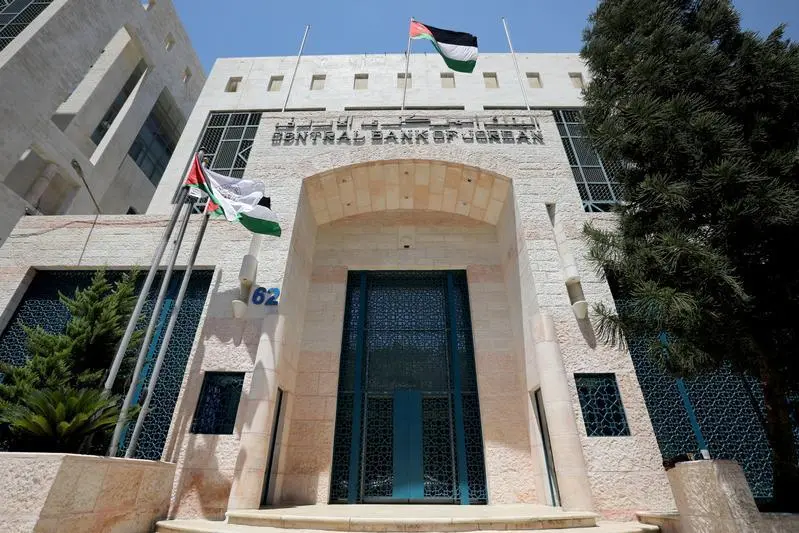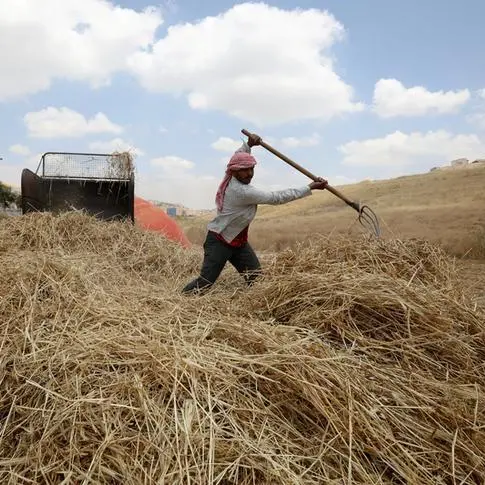PHOTO
Governor of the Central Bank of Jordan (CBJ) Adel Sharkas has said that a fixed dinar-dollar exchange rate, which has been in place since 1995, is the “best and most appropriate policy” for the national economy, and is “a cornerstone” for macroeconomic stability as well as sound monetary and banking management.
Sharkas also emphasised the importance of the current exchange rate policy in boosting the competitiveness of national exports and fostering an investment-friendly climate, the Jordan News Agency, Petra, reported.
The CBJ governor’s remarks came during a meeting with members of the Jordan and Amman chambers of commerce as well as representatives of the Jordanian Businessmen Association.
Sharkas explained that recent CBJ decisions to increase the benchmark interest rate on monetary policy instruments were made to keep inflation under control and to maintain the attractiveness of the dinar as a competitive saving tool, in a bid to maintain the country's monetary stability.
Current global forecasts consistently predict that interest rates will fall in 2024, he noted.
The governor also said that changes in interest rates should not be immediately reflected in loans, but will take three to six months, depending on the pricing cycle specified in the contract between the borrower and the lender.
He mentioned that the CBJ has increased the benchmark interest rate by 450 basis points since March 2022, while lending rates at banks were increased by no more than 119 basis points.
Sharkas stressed the CBJ’s "comfortable" foreign reserve balance of JD17.2 billion, which is enough to cover the Kingdom's imports of goods and services for about 7.5 months.
Following the interest rate hike, dinar-denominated deposits in local banks grew 7 per cent to reach a total of JD42.1 billion, while credit facilities increased by 8.5 per cent, amounting to JD32.6 billion, the CBJ governor added.
President of the Jordan Chamber of Commerce Khalil Hajj-Tawfiq said that the rise in interest rates increased the cost of borrowing for citizens and business owners, calling on the CBJ to ask commercial banks to delay loan payments for individual and business borrowers before Ramadan.
Hajj-Tawfiq urged the CBJ to maintain its funding for programmes that assist importers of essential goods and to maintain its commitment to small and medium-sized enterprises.
© Copyright The Jordan Times. All rights reserved. Provided by SyndiGate Media Inc. (Syndigate.info).




















